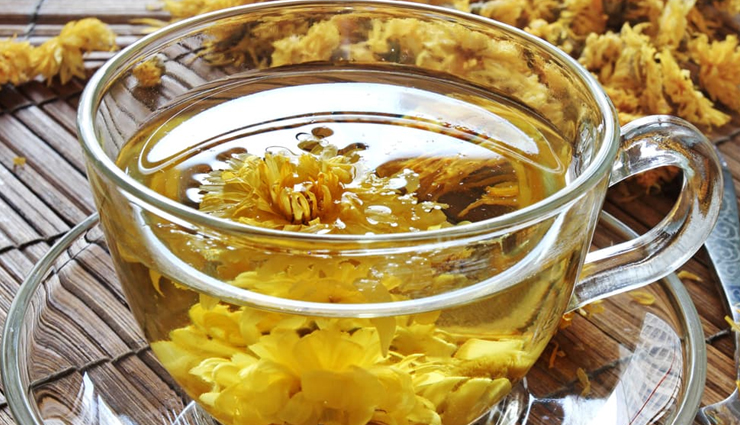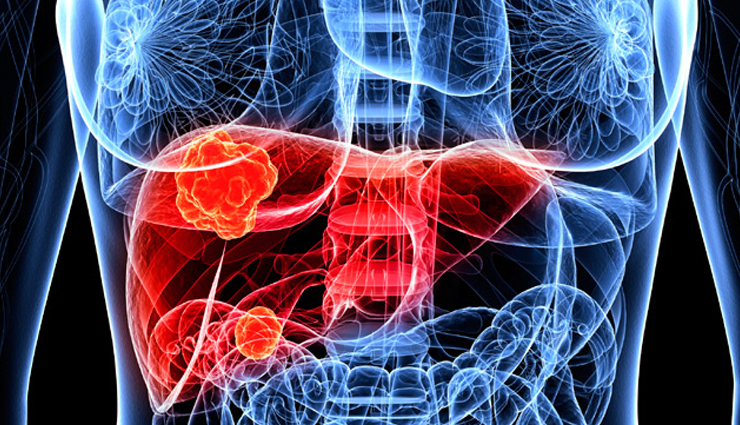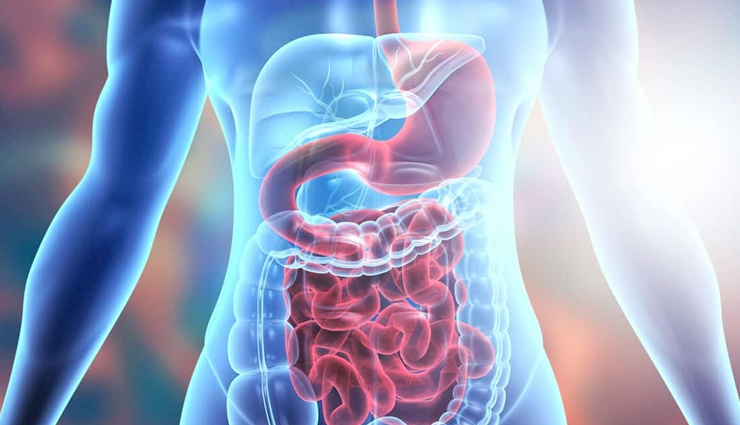- Home›
- Healthy Living›
- Unveiling The Remarkable 8 Health Benefits Of Drinking Chrysanthemum Tea
Unveiling The Remarkable 8 Health Benefits Of Drinking Chrysanthemum Tea
By: Priyanka Maheshwari Tue, 18 Apr 2023 12:39:20

Chrysanthemum tea is a popular beverage made from the dried flowers of the chrysanthemum plant. It is a traditional herbal tea that has been consumed for centuries in China, Japan, and other parts of Asia. The tea is typically made by steeping the dried flowers in hot water, resulting in a light, floral flavor and aroma.
Chrysanthemum tea is known for its potential health benefits, which may include reducing inflammation, promoting relaxation, boosting the immune system, improving eye health, and aiding in digestion. It is also believed to have anti-microbial and hepatoprotective properties.
In traditional Chinese medicine, chrysanthemum tea is often used to treat a variety of conditions, including headaches, fever, dizziness, and high blood pressure. It is also believed to have cooling properties, making it a popular choice during the hot summer months.Here are some potential health benefits of drinking chrysanthemum tea:

# Anti-inflammatory properties
Chrysanthemum tea has been found to contain flavonoids and other antioxidants that may help reduce inflammation in the body. Chronic inflammation has been linked to a variety of health conditions, including heart disease, diabetes, and cancer. The antioxidants in chrysanthemum tea may help neutralize harmful free radicals and reduce oxidative stress, which can contribute to inflammation. Additionally, some studies have found that the compounds in chrysanthemum tea may inhibit the production of inflammatory molecules in the body, further reducing inflammation.

# Eye health
Chrysanthemum tea may have potential benefits for eye health due to its high content of carotenoids and vitamin A. These nutrients are important for maintaining healthy vision and protecting against age-related macular degeneration, cataracts, and other eye diseases. Carotenoids are pigments that give many fruits and vegetables their bright colors, and they have been shown to help protect the eyes from damage caused by harmful UV radiation and oxidative stress. Vitamin A is also essential for healthy vision and is involved in the production of the pigment rhodopsin, which is necessary for low-light vision.

# Stress and anxiety reduction
Chrysanthemum tea has traditionally been used in Chinese medicine to help reduce stress and anxiety. It is believed to have a calming effect on the nervous system and may help promote relaxation and improve mood. This is likely due to the presence of flavonoids and other compounds in the tea that have been shown to have anxiolytic (anti-anxiety) and sedative effects in animal studies. Additionally, the ritual of preparing and drinking tea can be a meditative practice in and of itself, which may help promote a sense of calm and relaxation.

# Immune system boost
Chrysanthemum tea may have potential benefits for the immune system due to its high content of antioxidants and other compounds that have been shown to have immune-boosting effects. Antioxidants help protect the body from damage caused by harmful free radicals, which can compromise immune function and increase the risk of infections and chronic diseases. Additionally, chrysanthemum tea contains polysaccharides, which are complex carbohydrates that have been shown to stimulate the immune system by increasing the production of white blood cells and other immune cells.

# Blood pressure management
Chrysanthemum tea may have potential benefits for blood pressure management due to its ability to act as a natural vasodilator. Vasodilation is the widening of blood vessels, which can help improve blood flow and reduce blood pressure. Chrysanthemum tea contains compounds that have been shown to help relax blood vessels, which can help lower blood pressure and reduce the risk of hypertension and other cardiovascular diseases. Additionally, chrysanthemum tea has diuretic properties, which means that it may help increase urine output and reduce excess fluid in the body, which can also contribute to lowering blood pressure.

# Liver health
Chrysanthemum tea is believed to have hepatoprotective properties, which means it may help protect the liver from damage and improve liver function.One study published in the journal Food and Chemical Toxicology found that chrysanthemum tea had a protective effect on liver cells in rats that were exposed to a toxic chemical. The study suggested that chrysanthemum tea may help to prevent liver damage and improve liver function.
Another study published in the journal Evidence-Based Complementary and Alternative Medicine found that chrysanthemum tea had anti-inflammatory effects in the liver. The study suggested that chrysanthemum tea may help to reduce inflammation in the liver, which can be a contributing factor in liver disease.

# Anti-microbial properties
Chrysanthemum tea is believed to have anti-microbial properties, which means it may have the ability to fight against harmful microorganisms like bacteria, viruses, and fungi. One study published in the journal Food Control found that extracts from chrysanthemum flowers had antibacterial activity against several types of bacteria, including Staphylococcus aureus and Escherichia coli. Another study published in the Journal of Ethnopharmacology found that chrysanthemum extract had antiviral activity against the herpes simplex virus.
In addition, some studies have suggested that chrysanthemum tea may have anti-fungal properties. For example, a study published in the Journal of Agricultural and Food Chemistry found that extracts from chrysanthemum flowers had anti-fungal activity against several types of fungi, including Candida albicans.

# Digestive health
Chrysanthemum tea is believed to have several benefits for digestive health. It has been used for centuries in traditional Chinese medicine to treat a variety of digestive issues, and there is some scientific evidence to support its use in this area.
One of the main ways that chrysanthemum tea may benefit digestive health is by promoting the production of digestive enzymes. Enzymes are essential for breaking down food and absorbing nutrients, and chrysanthemum tea has been shown to stimulate the production of digestive enzymes in the stomach.
Additionally, chrysanthemum tea has been shown to have anti-inflammatory properties, which may be beneficial for those with inflammatory digestive conditions like gastritis or inflammatory bowel disease (IBD). One study published in the Journal of Medicinal Food found that chrysanthemum extract had significant anti-inflammatory effects in the digestive tract.
Furthermore, chrysanthemum tea may have a calming effect on the digestive system. It has been traditionally used to treat stomach discomfort, bloating, and nausea. Some studies suggest that chrysanthemum tea may help to relax the muscles in the digestive tract, which can relieve symptoms of digestive discomfort.
Overall, chrysanthemum tea may offer a range of health benefits due to its antioxidant, anti-inflammatory, and anti-microbial properties. However, more research is needed to fully understand its effects on human health. It is important to note that chrysanthemum tea may interact with certain medications or cause allergic reactions in some people, so it is important to talk to a healthcare provider before incorporating it into your diet.





